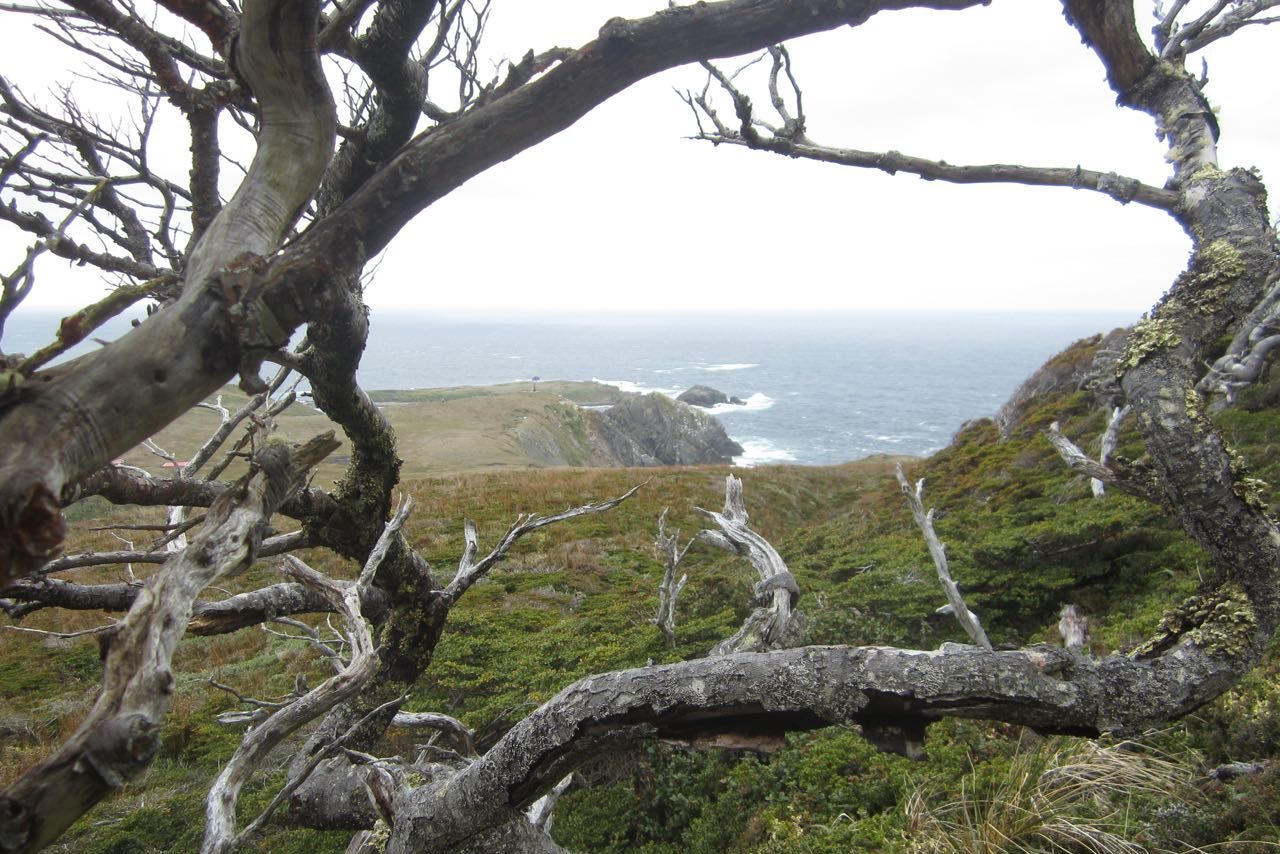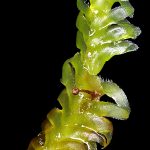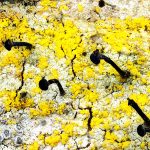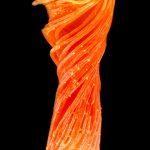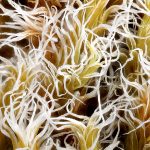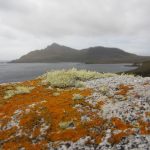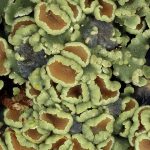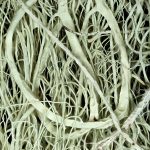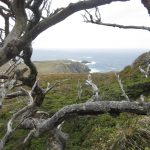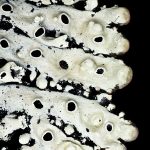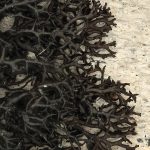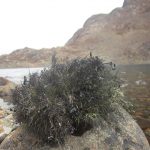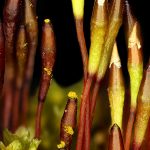University of Connecticut Professor Bernard Goffinet spent the last 20 years studying the rich diversity of lichens and moss in sub-Antarctic Chile and today, images of his work will be unveiled at that nation’s embassy in Washington, D.C.
Goffinet’s presentation is part of an announcement about the launch of Chile’s Sub-Antarctic Cape Horn Research Center. Set to be inaugurated next October, the center will be the southernmost long-term ecological experiment station in the world.
“These organisms are living in the extreme … there is much to be discovered,” says Goffinet, of ecology and evolutionary biology.
The exhibit and panel discussion at the embassy this week focus on research opportunities in the context of climate change happening in Chile, which, in just a few weeks, will host the United Nations Framework Convention on Climate Change (UNFCCC).
The photo gallery was purposely left without species or size information, Goffinet says, because he wanted the images to stand alone without any details to distract viewers. It emerged out of a desire by Goffinet to stress that there is much to be learned about the diversity within the biosphere of Patagonia. He worked with UConn graduate Ricardo Rozzi, an advocate for the biosphere reserve, and Mark Smith ’13 MS, to capture stunning macroscopic photographs of the lichens and moss in the region.
“Mark has mastered the techniques to capture the beauty and structural complexity of these organisms,” says Goffinet. The exhibit, as well as the participation of a UConn delegation at the UN Convention, demonstrate the commitment the university community in researching and responding to climate change.
This project will serve to promote ecotourism, drawing attention to the region’s tremendous and unaccounted for biodiversity. There needs to be a concrete and well-focused effort dedicated to establishing an inventory and a baseline for the interactions between the organisms occurring in the southernmost forests and tundras, says Goffinet.
“In order to asses change, you need to have a baseline and in sub-Antarctic Chile, we do not even have that yet for various groups of organisms,” says Goffinet. “If we want a meaningful assessment of what climate change is triggering here, we need to take those steps. This is one of the main points of what I would like to advocate for.”
